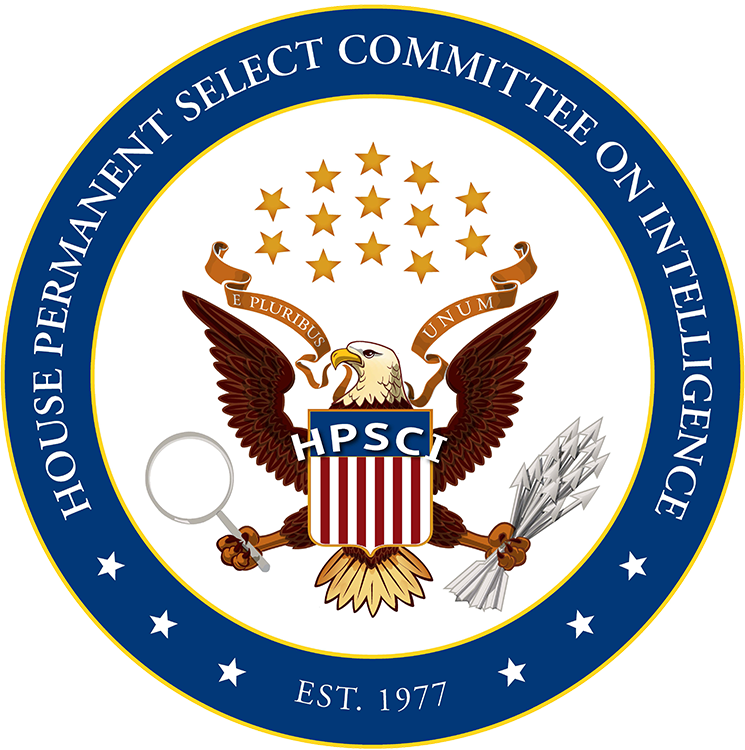Press Releases
Statement By HPSCI Chairman Mike Rogers and Ranking Member C.A. Dutch Ruppersberger On the President’s Executive Order
Washington, DC,
February 12, 2013
|
Kelsey Knight
((202) 225-4872)
Statement By HPSCI Chairman Mike Rogers and Ranking Member C.A. Dutch Ruppersberger On the President’s Executive Order “We are pleased to hear that the President will mention cyber security in tonight’s State of the Union Address. We will closely review the President’s executive order once it is released but we agree that our biggest barriers to bolster our cyber defenses can be fixed only with legislation. That’s why we will introduce tomorrow our legislation to help U.S. companies better protect themselves, and the privacy and civil liberties of their customers, from Chinese and Iranian hackers. Our bipartisan legislation passed the House last year and we look forward to working with the White House and the Senate on swift action this year.” Rogers & Ruppersberger to Reintroduce Cybersecurity Bill to Protect the American EconomyChairman Mike Rogers and Ranking Member C.A. Dutch Ruppersberger announced last week that they will re-introduce their bipartisan cyber threat information sharing legislation tomorrow, Wednesday, February 13, to help American businesses better protect their computer networks and intellectual property from advanced cyber attacks. The introduction of this vital bill will be accompanied by a joint speech by Chairman Rogers and Ranking Member Ruppersberger at 1:30 pm the same day at the Center for Strategic and International Studies (CSIS) in Washington, D.C. The bill introduced next week will be identical to the “Cyber Intelligence Sharing and Protection Act” (H.R. 3523) that passed the House by a strong bipartisan vote of 248-168 in April 2012. This important legislation, which had 112 bipartisan cosponsors in the last Congress, will:
This bipartisan legislation was developed in close consultation with a broad range of private sector companies, trade groups, privacy and civil liberties advocates, and the Executive Branch. Chairman Rogers said: “This is clearly not a theoretical threat - the recent spike in advanced cyber attacks against the banks and newspapers makes that crystal clear. American businesses are under siege. We need to provide American companies the information they need to better protect their networks from these dangerous cyber threats. It is time to stop admiring this problem and deal with it immediately. Congress urgently needs to pass our cyber threat information sharing bill to protect our national security, our economy, and U.S. jobs.” "American industry is under attack, costing our country and our economy billions of dollars and thousands of jobs. We need to do everything we can to enable American companies to defend themselves against these devastating cyber attacks. Our bill does just that by permitting the voluntary sharing of critical threat intelligence while preserving important civil liberties," said Ranking Member C.A. Dutch Ruppersberger. The bill’s strong protections for privacy and civil liberties include:
By allowing the private sector to share cyber threat information, and employ classified information to protect its networks, this bill will harness private sector drive and innovation while also keeping the government out of the business of monitoring and guarding private sector networks. -30- **For regular updates, “Like” the HPSCI Facebook page, follow @HouseIntelComm on Twitter or go to the HPSCI Website. To unsubscribe/ subscribe to Committee email updates, click here to update your preferences. |
